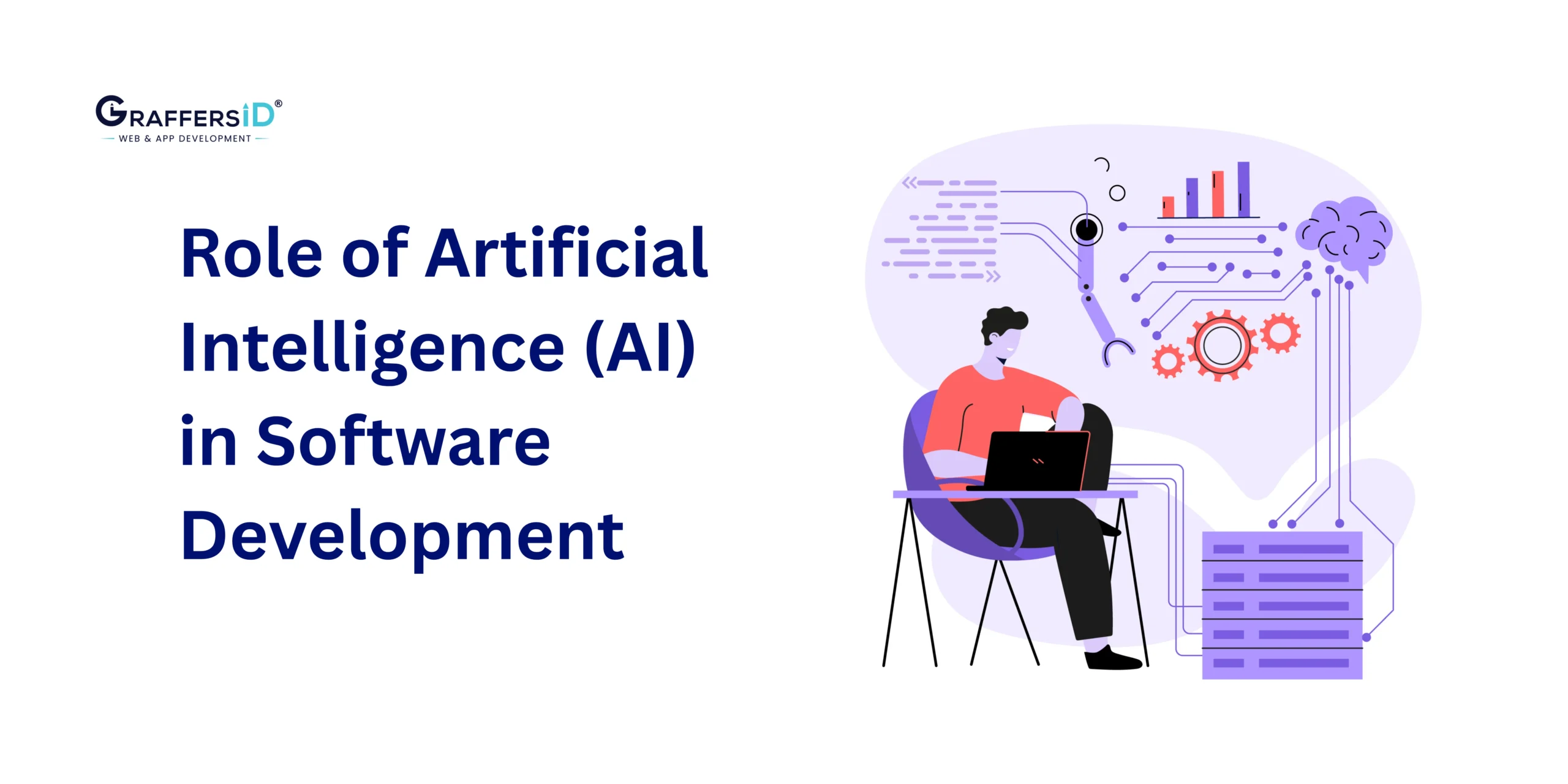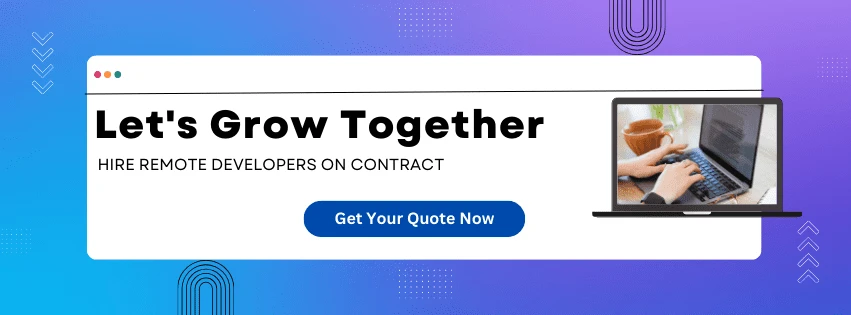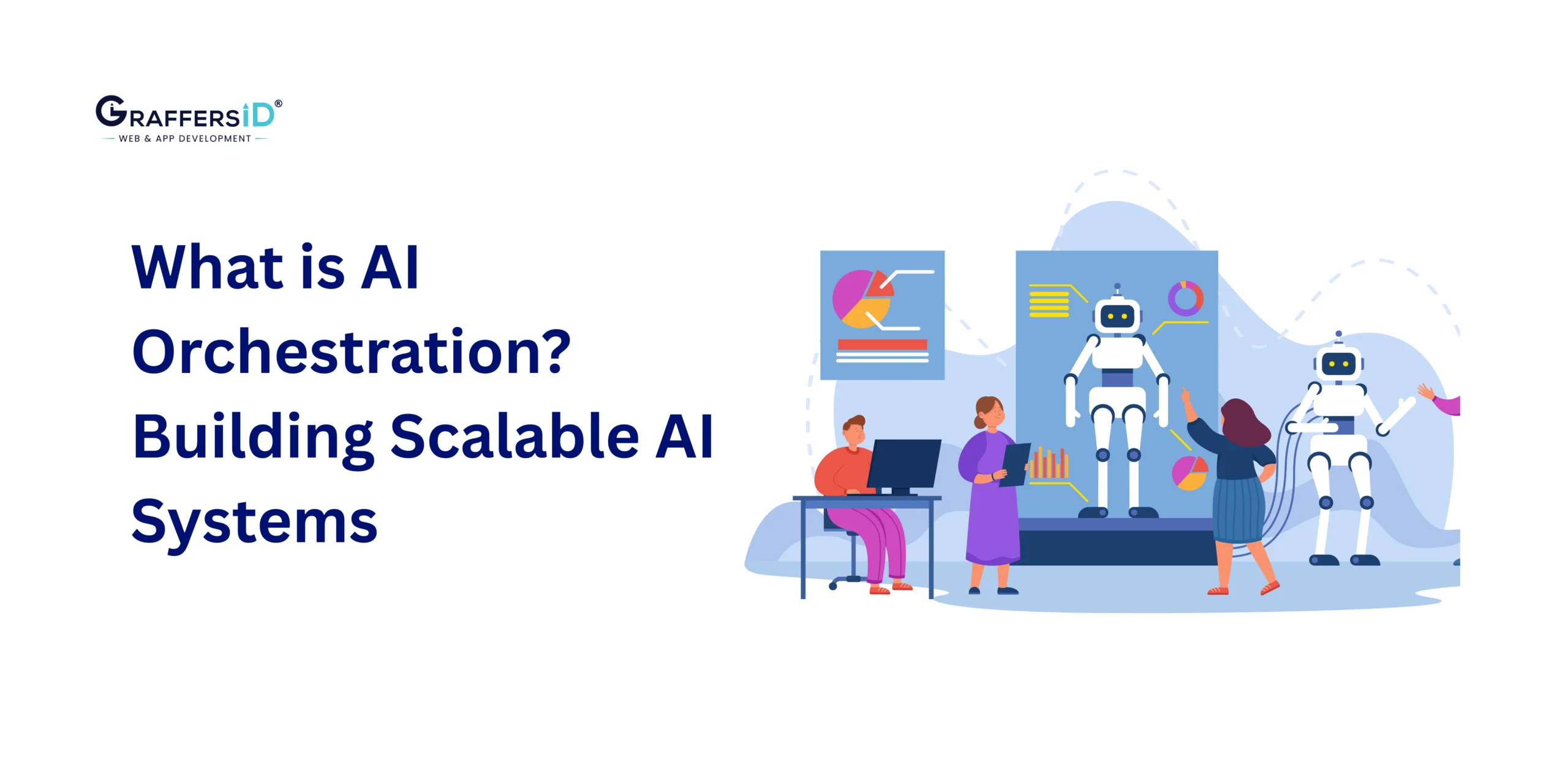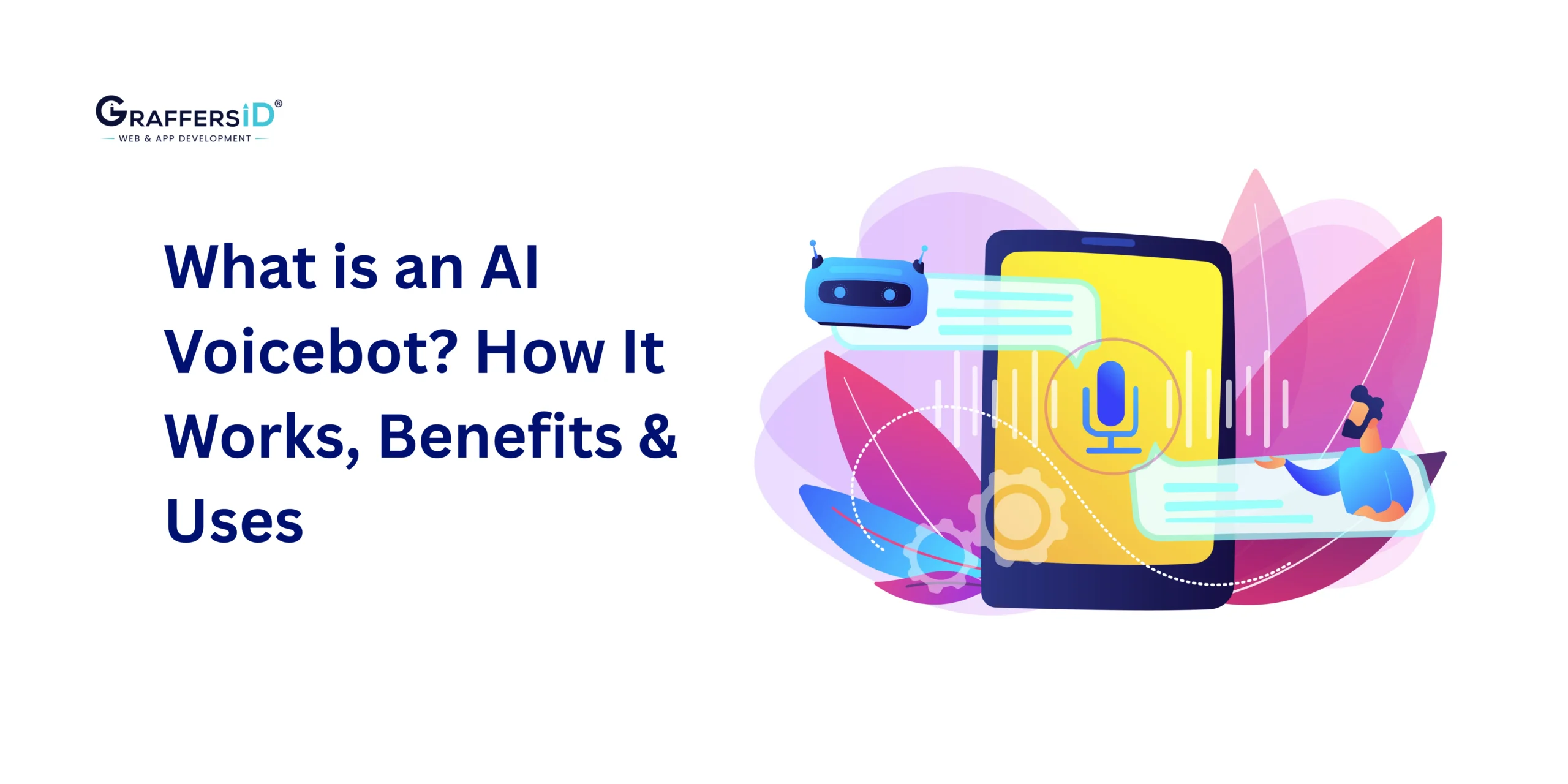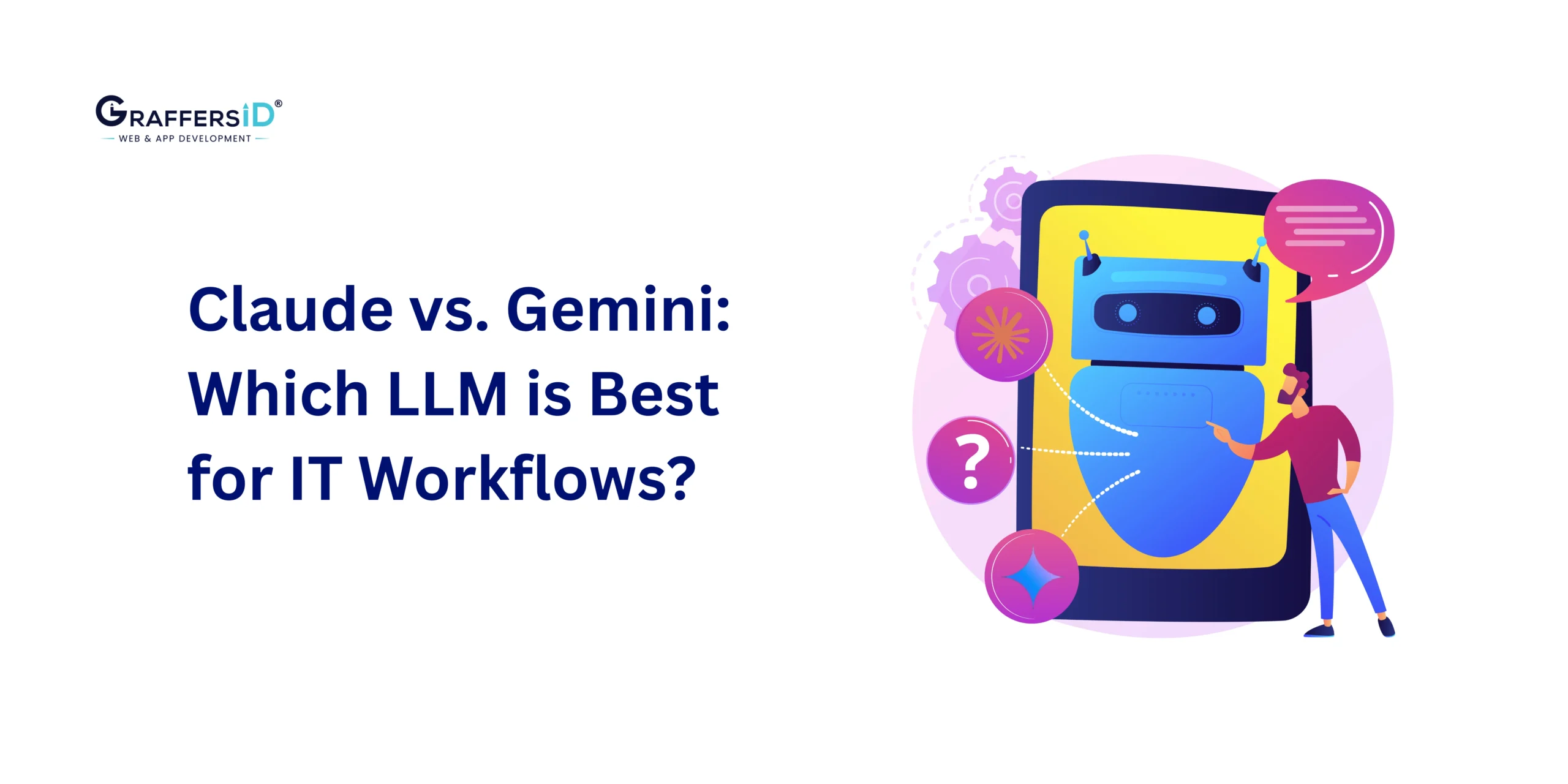Over the years, Artificial Intelligence has become a very integral part of software development, reshaping the landscape with automation, efficiency, and most importantly, innovation. AI is revolutionizing how engineers approach their tasks. With this integration, companies can easily streamline their processes, reduce operational costs, and deliver faster results.
With generative AI-powered tools, developers can easily skip manual coding and save on time and effort. The algorithms automate repetitive tasks, optimize workflows, and even help spot any existing vulnerabilities in real time. With these advances, the quality and security of the final delivered product have improved by many bounds. Furthermore, AI’s role extends beyond code creation, influencing areas like testing, deployment, and even collaborative team management.
This technology is also creating new avenues for both developers and organizations. In this article, we will discuss artificial intelligence in software development and the advantages it presents for software development in 2026.
How Is AI Streamlining Development?
Artificial Intelligence is changing the process of software development through automating tiresome work and accelerating workflow. Software engineers usually have to devote a lot of time to coding, testing, and debugging, and these are the areas where AI utilization can help the most.
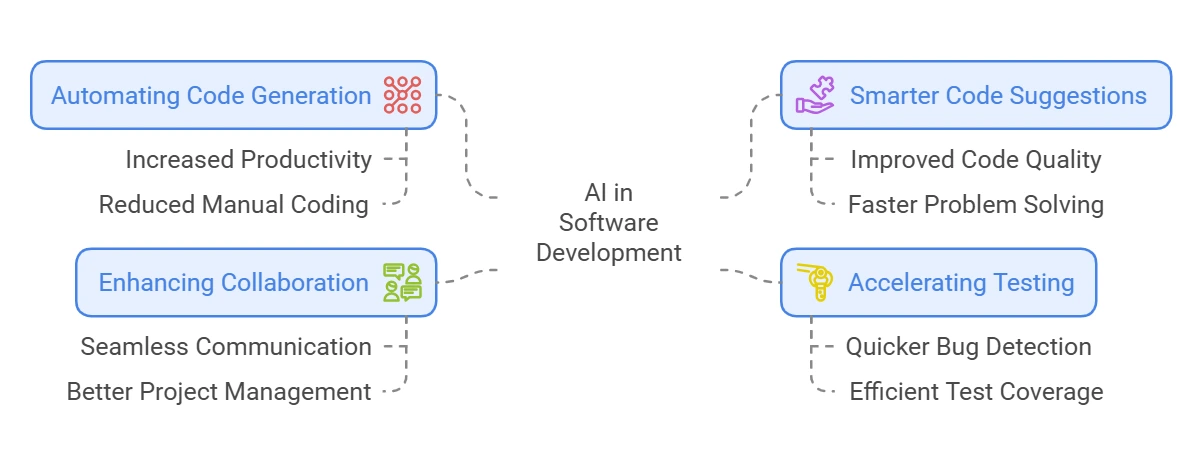
1. Automating Code Generation:
Generative AI tools have changed the way software engineers write code. With just one simple instruction, these tools can generate entire code snippets in a matter of seconds. This allows the developers to place their focus on other high-level tasks rather than mundane coding. The engineers can easily meet tight deadlines without compromising the quality.
2. Smarter Code Suggestions:
With its speed and algorithms, AI can scour all the available data on open-source repositories and provide an optimized code structure. These recommendations ensure adherence to best practices, ultimately improving efficiency and reducing errors.
3. Accelerating Testing:
Testing is vital to the development of software, and tools for testing, such as Testim and Applitools, serve as AI-based tools for automating test case generation and execution. It ensures that comprehensive testing is performed with minimal human effort.
4. Enhancing Collaboration:
AI-enabled collaborative instruments help teams to ascertain project requirements and even automatically document them. This facilitates the communication process among software engineers, project managers, and other stakeholders.
By automating these key areas, artificial intelligence allows developers to innovate, spend less time on repetitive tasks, and focus on solving complex problems.
Read More: What is Blackbox AI? How Leading Tech Teams Are Redefining Development Workflows in 2026?
Ways to use AI to enhance your software team’s efficiency
Prototyping:
Prototyping in software development is an important step, and it serves the objectives of testing concepts, identifying issues in the early stages, facilitating collaboration in teams, and accelerating iteration. The prototyping process is sped up by the AI-enabled automated code generation method that allows for rapid iterations, early fault-finding, and smooth teamwork. This enhances time management and innovation and ensures the delivery of solid, user-centric software solutions.
Suggested tools
- Framer
- Uizard
- InVision
Debugging:
Debugging is the process of identifying, analyzing, and resolving any issues that might exist in your code. It is important to improve the code quality and eliminate errors so that the user experience is smoother. Bug detection automated with artificial intelligence in software development uses advanced algorithms to analyze code, data flow, and error logs to quickly identify anomalies or bugs. It thus proactively identifies the issues and helps the identification of bugs at an early stage, improving the quality of software by preventing it from affecting the end-user.
Suggested tools
- Kite
- Tabnine
- DeepCode
Code Explanation:
Code explanation helps in understanding codes in a more humanized manner, which provides insight into the functionality, purpose, and logic of the code snippet. AI-enabled tools utilize natural language processing (NLP) and machine learning in interpreting code and translating it into neat, understandable, human-readable specifications. Such tools facilitate the understanding of complex or unfamiliar codes by explaining the intent, operation, and rationale of certain codes.
Suggested tools
- GitHub Copilot
- IntelliCode
- ExplainShell
Code Refactoring
Code refactoring plays a significant role in analyzing the code and identifying the areas of improvement with respect to software development projects. Machine learning and pattern recognition techniques are used by AI-driven tools to suggest reforms like code restructuring, variable renaming, elimination of multiples, and design patterns. Advantages of code refactoring include proactive fixes, improved quality, and contextual suggestions.
Suggested tools
- Codota
- Sourcery
- DeepCode
Predictive analysis
With the help of historical information, machine learning, and statistical models, AI-powered predictive analytics are used to foresee the timelines, resource requirements, and risks of projects. From these identified patterns and interdependencies, project managers can find beneficial measures for streamlining complex workflows and making decisions accordingly. Benefits of predictive analysis include accurate estimation, risk mitigation, and real-time adaptability.
Suggested tools
- Smartsheet
- Planview
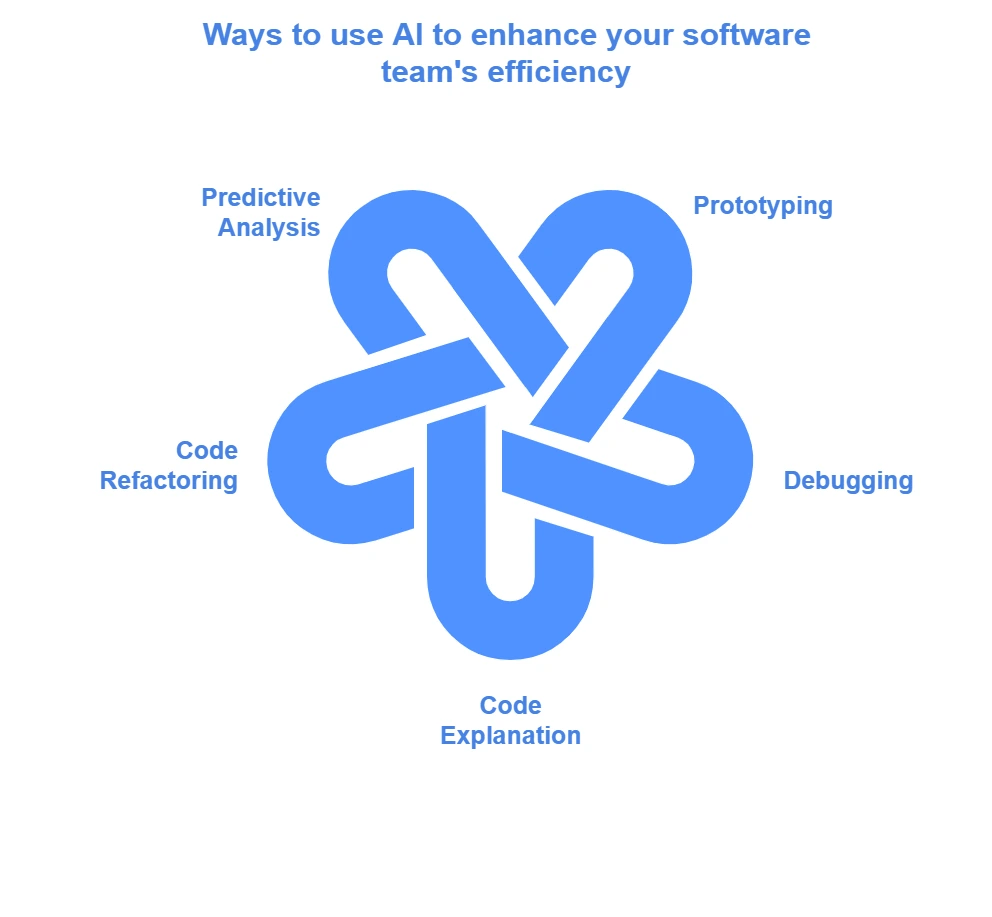
Read More: Top 5 AI Coding Assistants in 2026 Every CTO Should Know About
How can various industries leverage AI for software development?
Fintech
- Payment gateway integration– AI will ensure smooth and secure payment processing and detect fraudulent transactions by using anomaly detection algorithms.
- Risk Management- identifying trends and risks is big in the fintech industry, which AI can easily do by analyzing historical trends, data, and patterns.
- Chatbots for Customer Support- AI-driven chatbots can assist customers by answering their queries and managing their transactions
- Personalized financial recommendations- With the help of AI-powered data analysis, your application can make personalized investment recommendations, budgeting strategies, and credit options.
Healthcare
- Patient data management– AI can easily analyze and organize the electronic health records of the patients for faster diagnosis and personalized treatment plans.
- Medical Imaging Analysis– AI algorithms can detect anomalies in X-rays, MRIs, or CT scans. This does not in any way supplement a doctor’s analysis; rather, it can be used to complement it.
- Appointment scheduling– AI-powered scheduling systems optimize patient-doctor connections and reduce the wait time.
E-Commerce
- Product recommendation systems– AI can analyze user behavior and accordingly make suggestions to that particular user, increasing engagement and sales.
- Dynamic Pricing– AI can help adjust prices based on demand, competition, and customer behavior.
- Visual and Voice Search– This is a very attractive feature in an e-commerce application. Users can easily search for their product of choice by uploading images or providing a voice instruction.
EdTech
- Personalized Learning Platforms– AI can adapt content based on the learner’s progress, learning style, and performance.
- Virtual tutors– AI can help provide real-time assistance and answer questions using NLP (Natural Language Processing)
- Content Creation– With the help of AI, you can generate interactive learning materials like quizzes, flashcards, and videos.
Industries can leverage the advantages of AI to enhance their user experience and streamline otherwise complicated processes. This will act as a catalyst for their growth.
Will AI replace software engineers?
A popular phrase that we hear today is: AI can easily replace our jobs. This has instilled a sense of fear and uncertainty in the minds of people. However, AI is not out to poach your jobs! Think of AI as the perfect complement, which can help you enhance your performance, instead of the evil robot out to get you. AI tools cannot bring the human touch that we need, but they can hasten the process for us. So instead of fearing AI, try working along with it.
Conclusion
The integration of AI into software development is rapidly transforming the industry, driving innovation, and changing the way software engineers work. Artificial intelligence in software development helps automate mundane tasks to enhance code quality and debugging. AI is enabling faster, smarter, and more efficient development processes. By leveraging the right tools and strategies, developers and businesses can unlock AI’s full potential.
At GraffersID, we understand the evolving landscape of software development and specialize in integrating cutting-edge technologies like AI, automation, and generative AI into your projects. Whether you need skilled developers, IT staff augmentation services, or end-to-end development solutions, we’re here to help you stay ahead in the ever-changing tech world. Contact us today to build the future of your business.
